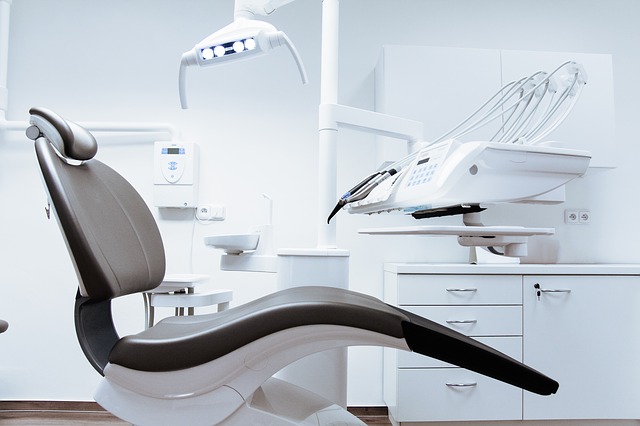
Always Brush Your Teeth Before Going to Bed
While it is advisable to brush your teeth at least two times every day, it is important that you do brush before going to bed. This helps remove any germs and plague that might have accumulated during the day and reduce the risk of bad morning breath
Practice Proper Brushing
Poor brushing habits, such as brushing aggressively, are bad for your overall dental health. Make a habit of brushing gently using circular motions to remove any food and plaque build-up. You also shouldn’t use the toothbrush for more than two months or hard-bristled ones. In the case of you needing emergency dental treatment if you are in Fleet or the surrounding area, you can google search Emergency Dentist Fleet.
Brush Your Tongue Too
The tongue, too, is susceptible to plaque build-up, leading to a myriad of oral health issues, including bad mouth odour. It would be best if you thus made a habit to brush your tongue gently alongside the teeth.
Only Use Toothpaste with Fluoride
With dozens of different kinds of toothpaste on the market, one ingredient is key for good oral health – fluoride. Whatever your preferred flavour in toothpaste is, or looking for teeth whitening, it would be advisable only to use toothpaste with fluoride as an ingredient. Fluoride plays a crucial role in fighting tooth decay and germs and protecting your teeth from harsh elements. Be sure to check critical ingredients when shopping for toothpaste.
Floss Regularly
Brushing alone isn’t enough to remove food materials, plague, and germs between teeth. Flossing is thus as essential as brushing as it helps reach deep within to remove tiny pieces of food effectively. Flossing every day can therefore help reduce plaque and gum inflammation.
Consider Ready-To-Use Dental Flossers
Does flossing seem too complicated? If this is the case, you can switch to using ready-to-use dental flossers. These tools are specially designed to make flossing easy, especially for older adults (with arthritis) and little children,
Use Mouthwash
Despite the numerous mouthwash advertisements, many people do not consider them essential. One of the reasons is that most people do not know how mouthwash works. A mouthwash helps clean hard-to-reach areas in and around gums, reduce acidity in the mouth, and help re-mineralize your teeth. Using mouthwash alongside brushing and flossing is an excellent way to promote oral health. Dr. Schwartz believes mouthwash is ideal where brushing and flossing seem too much, particularly in young children and older adults.
Talk to your dentist for help identifying the best mouthwash for your specific needs. Some brands mainly focus on children and those with sensitive teeth. Your dentist could also prescribe an effective mouthwash for a particular condition.
Drink Lots of Water
Water isn’t only good for your body but also oral health. According to Dr. Schwartz, drinking water after every meal helps rinse food materials from between teeth and helps regulate acidity in the mouth. Drinking water whenever thirsty also helps regulate pH levels in the mouth, protecting your teeth from possible corrosion and foul mouth odour.
Consider Snacking on Crunchy Vegetables and Fruits
The fast-paced world has forced many people to live off of ready-to-eat foods. Most of these foods do not contain fibre and several other nutrients needed for strong teeth. Snacking on fresh, crunchy veggies and fruits, however, exercises your teeth, gums, and jaws while also providing most of these nutrients and minerals. That said, it would be best to start focusing more on fresh crunchy foods and less on mushy processed foods. Snacking on a carrot, apple, watermelon, etc., is an excellent way to exercise your teeth and is good for your overall oral health.